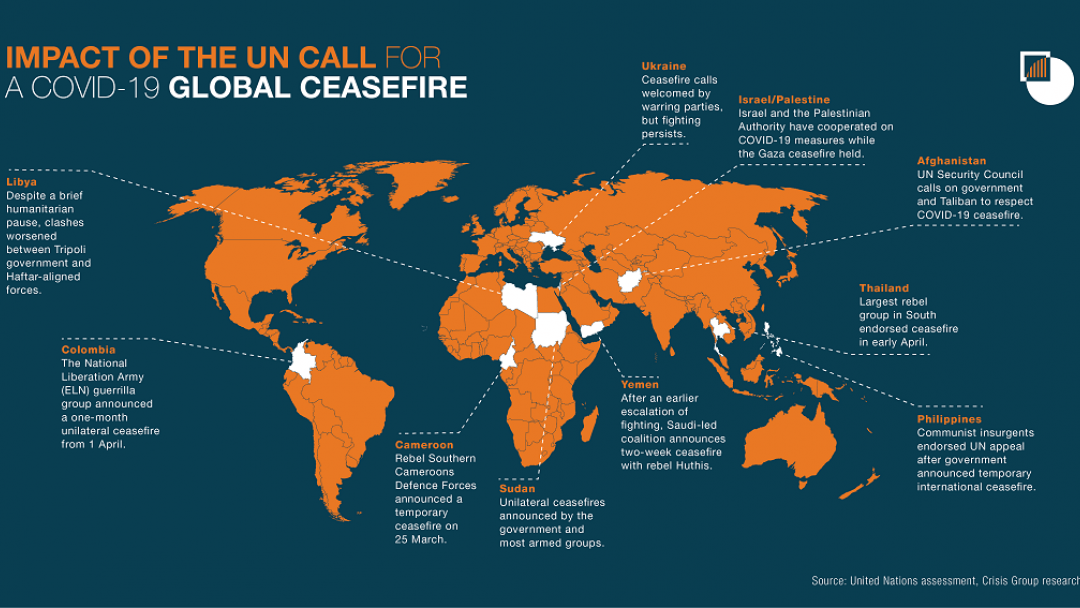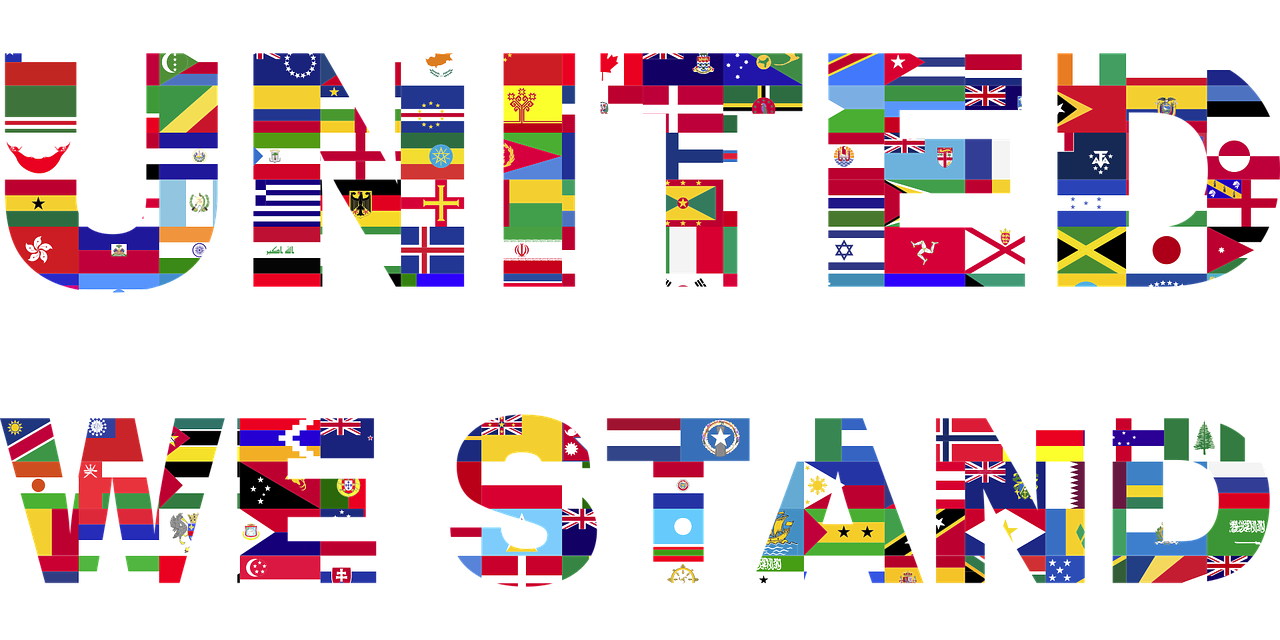Image Credits: Samivv
By Omkar Nikam
April 30, 2020
The global space industry might have accelerated its expansion in the private domain, but government support still remains one of the crucial parts of the business. With the COVID-19 outbreak, several industries are experiencing a hassle of finances, and the space industry is also surfing through similar waves of COVID-19. In this time of crisis, the government funding landscape will inculcate more technological applications that are helpful to revamp the national economy. Though traditional satellite companies might record a fluctuating revenue, the New Space sector will at the edge of crisis due to the high demand for innovative and low-cost solutions. And this will give rise to a competitive ecosystem in the New Space arena. While experiencing all these ups and downs of the finances, the international cooperation and politics are crucial to several space companies in-order to rebuild the long-term path lost during the crisis. To provide a brief outlook on the overall interconnection of space, politics, and COVID-19, I am presenting an impact analysis as follows:
1. International Cooperation in Space: How the governments will cooperate post-COVID-19
As the United Nations (UN) has declared a global ceasefire, more than 10 conflicting states (as shown in the map below) have welcomed this appeal to cooperate in this time of global health crisis. Though the military interests are currently kept aside, the diplomacy continues to unfold several corners of the space applications for military purposes. And Iran’s recent military satellite launch is a signal to the political cheesecake consumers that though on a smaller scale, the military interests remain key to shape the nation’s role in the global space ecosystem.

In the post-COVID-19 landscape, the cooperation governments will yield fruitful results in terms of helping the space industry to get back to normal with the necessary resources. For example, the world’s biggest intergovernmental military alliance, North Atlantic Treaty Organization (NATO), declared space as one of its operational domain in late November 2019. And this will pave a way for amplifying opportunities for both the public and private entities to provide innovative solutions in the military domain through government cooperation. But as the military interests in space are becoming a crucial part of both developed and developing nation’s space programme, it is clear that the international cooperation in space will be based on the shared vision of alliances.
2. Opportunity storm post-COVID-19: Will developing nations benefit the most?
The spacefaring nations like Australia and India have recorded very less COVID-19 cases in past one month. On the other hand, several other space power nations have initiated strict measures to control the COVID-19 outbreak that is creating voids in their industrial economy. During this time of crisis, the opportunity to build a sustainable future depends on the amount of losses and how well a nation will rebuild itself post-COVID-19. The clocking is ticking and even the least affected emerging space nations like India have started the liquidity injection of more than USD 4 billion to fight against COVID-19. Similarly, European Central Bank (ECB) has also taken appropriate steps for a cash injection of more than USD 130 billion. According to the news sources, “G20 nations pledged a “united front” in the fight against coronavirus, saying they were injecting $5 trillion into the global economy to counter the pandemic amid forecasts of a deep recession”. Looking at these developments, the future opportunities for space business will align with the state interests; especially encouraging the development of space applications crucial in rebuilding the national economy.

3. Demand for Multilateralism in Space: Will it Increase?
Observing the current landscape of both the developing and developed nations, it by far safe to say that the cooperation on a global scale is must for the space industry. And the US President, Donald Trump signing the executive order on “Encouraging International Support for the Recovery and Use of Space Resources” has brought a hope to several space companies around the world. While bringing this executive order into action might erase the international barriers, the geopolitical movements of 2021 and beyond remain uncertain. Especially looking at the current tensions between several developed and developing space power nations due to COVID-19, the future cooperation in space will be more influenced through geopolitical elements. Therefore, though space industry is yet to experience a stable path towards international cooperation, the COVID-19 will fuel multilateralism and with a positive outlook on public-private partnerships.
Conclusion
The space industry is in the transformation phase and the global political landscape will play a key role in balancing the utilization of space resources for peaceful and security purposes. As COVID-19 is set to leave a long-lasting mark on the human race, the world will be experiencing a shuffling of the entire social, political and economic system. While space industry has been one of the key contributors in global civil and military markets; with the consistent growth through commercialization, the future of space industry solely depends on how both government and private entities cooperate effectively. On the other hand, the companies with government contracts will continue to hold the ground during the crisis. But the New Space companies have a chance to reiterate the things as per the future demand of the market. And this might accelerate the demand of New Space products, if those are aligned with the market demands. Therefore, the space industry might be facing a temporary fluctuation, but given the stand of political leadership, the industry might have chance to accelerate a healthy growth post-COVID-19.

